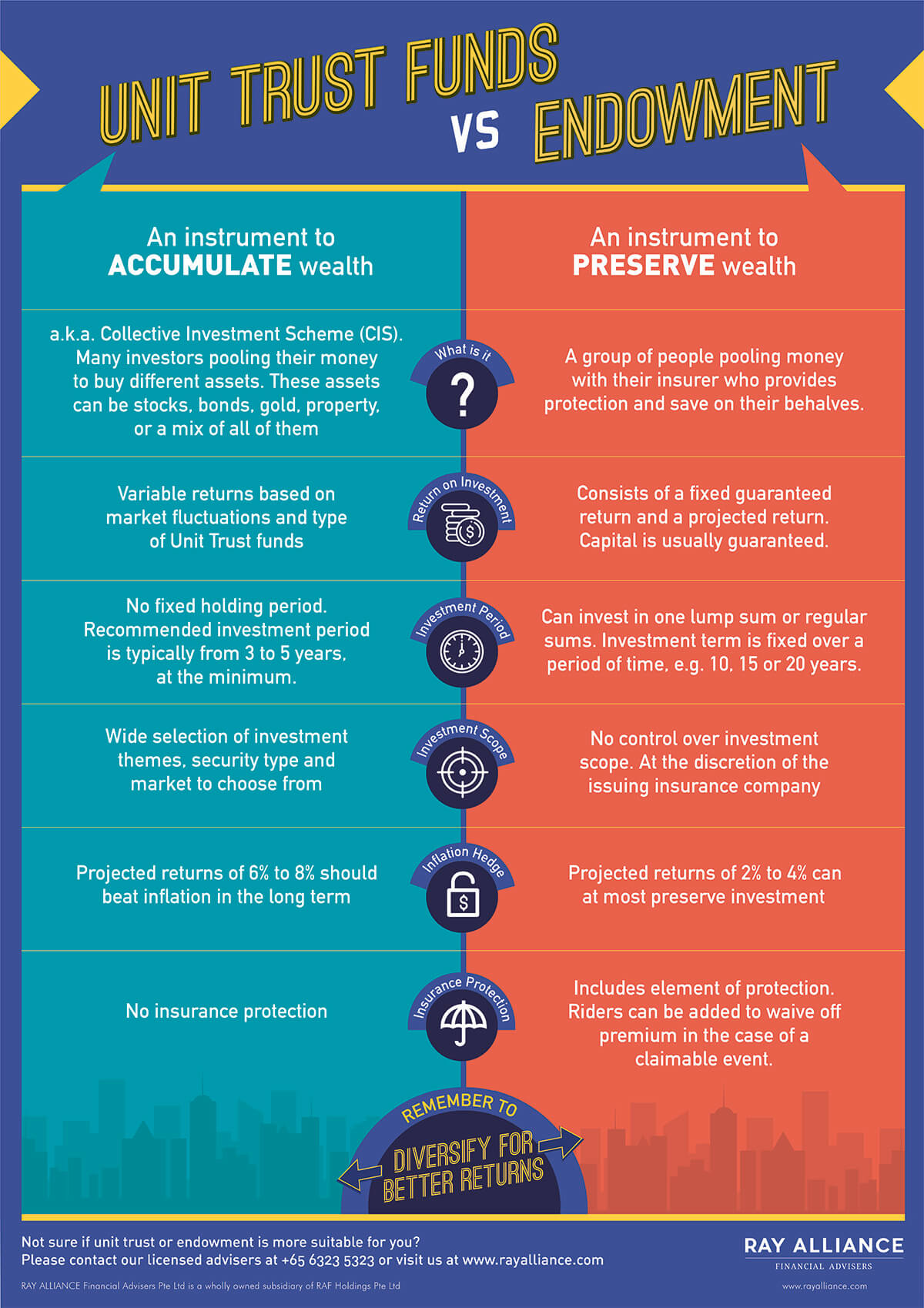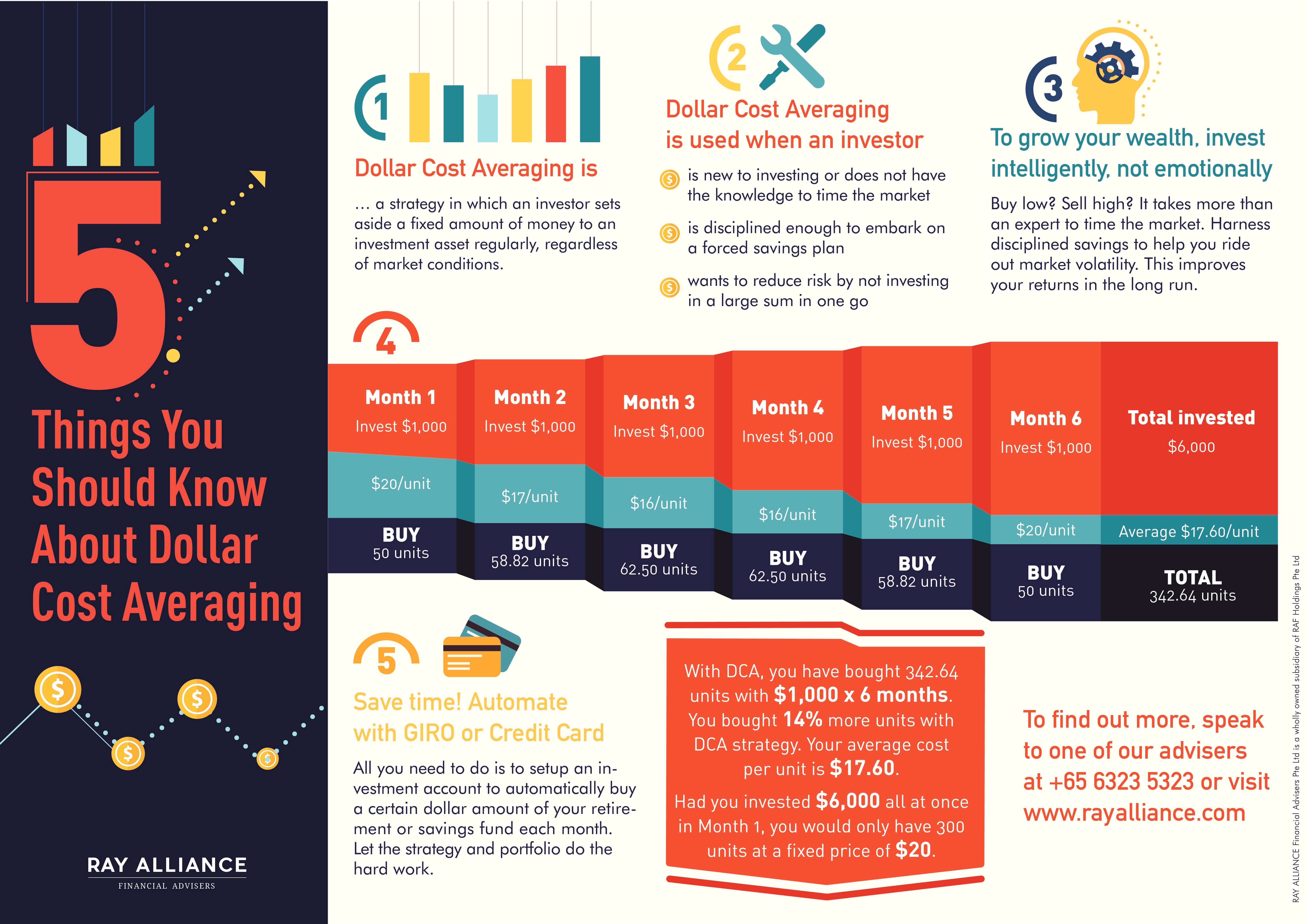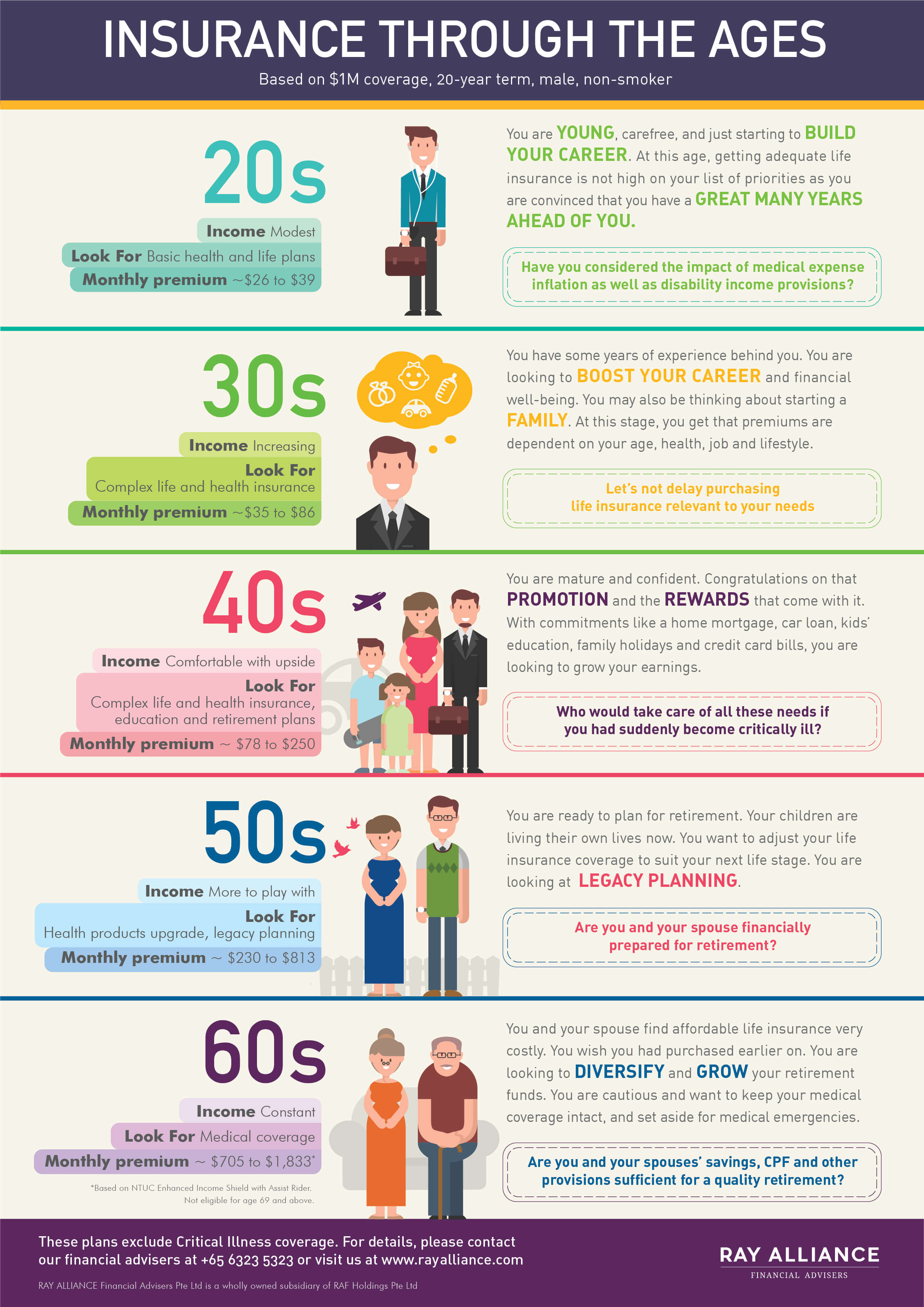Youth at the Crossroads: The Need for Financial Literacy
08 Nov 2023
In today’s financial landscape, there is a need for millennials to be more responsible for their finances. The increased life expectancy and rising cost of living pinned against the backdrop of tumultuous geopolitical events, and an accelerated climate crisis have created great uncertainty in planning for our retirement.

The Importance of Financial Literacy
In recent years, Ministry of Education has recognised the importance of financial literacy for our young students. However a lot more could be done given that students have easy access to information via various social media platforms. Further to it, the financial landscape today is drastically different from that of their parents and grandparents. Knowledge that applies in yesteryears may no longer be relevant today.
The need for financial literacy is especially acute for Generation Alpha, born between 2010 and 2025, as they navigate a fully digital world. They are the first generation to have grown up in a fully digital world. Further to that, Generation Alpha is on track to be the richest generation ever as huge wealth transfers take place. As the younger generation inherits family money, their spending power will increase greatly.

Growing up in a world where digital payments and cryptocurrencies are increasingly common, Gen Alpha would have less tangible experience with physical cash and may struggle to understand the value of money. Overspending with cashless payments is becoming a growing concern in Singapore. Associate Professor of Marketing, Ang Swee Hoon at NUS Business School believes cashless payments are more likely to encourage overspending. "By not seeing the cash being spent, consumers tend to underestimate their expenditure," she says.

The Rise of “Fin-Fluencers”
Their affinity for digital platforms may also make them susceptible to online financial influencers or “finfluencers”. The influence such personalities wield can help raise awareness about finance, but because they are largely unlicensed, they may not be equipped with adequate knowledge, or they may be paid to promote certain products. One example of recent social media trend is “girl math” — a viral TikTok trend in which young women rationalise their money habits or spending in inventive ways that don’t always make mathematical sense. Think along the lines of “if you buy something that’s on sale, you’ve made a profit. If you buy yourself coffee using prepaid value, the drink is free. Paying with cash on hand doesn’t count because your bank balance didn’t decrease.” Critics have derided "girl math" for glorifying overspending.

Challenges our Youths Face Today
Meanwhile, easy access to credit due to fintech advancements also presents its own challenges, potentially hindering Gen Alpha’s ability to learn saving habits and avoid debt. The proliferation of different cashless payment models might influence young people's spending habits and increase the risk of overspending.

One of most common forms of credit is the fast-growing Buy Now, Pay Later (BNPL) model, which allows users as young as 18 to defer payments or service interest-free instalments. BNPL schemes enable particularly cash-strapped younger adults to afford more things, but also get them into debt easily without check and balance.

Auto-renewable subscriptions, used by popular service providers such as Netflix and Spotify, also "create future cash outflow.
The "frictionless nature" of digital payments and discounts with expiring deadlines make online sales particularly dangerous for people who tend to overspend. It does not help that sales events such as 11/11, fuelled by the pandemic growth in online shopping, are now popping up every other month.

Singapore youths are feeling grim about their future and financial position. This is a worrying trend where 87% of respondents in a recent study by Income feel financially unprepared for the challenges ahead in life while another 79% are not confident of their financial situation.
In the inaugural Financial Inclusion, Wellness and Resilience (FInWR) survey, 1 in 3 young adults, aged between 18 and 30, in Singapore are not confident in managing debt. 22% would find it difficult to arrange for emergency cash.

As such, financial literacy has definitely been a forefront topic in recent years. The statistics point us in a worrying direction and highlights the importance of starting financial literacy young. This would embolden youths to make wise financial decisions and provide young Singaporeans with a solid foundation for their lifelong journey of learning and cultivating good personal finance habits.
In the next few months, we would delve deeper into financial literacy for our youths. Stay tuned!












